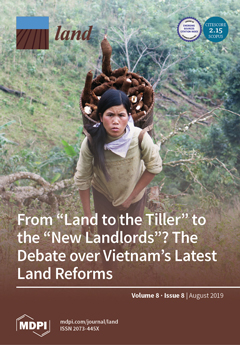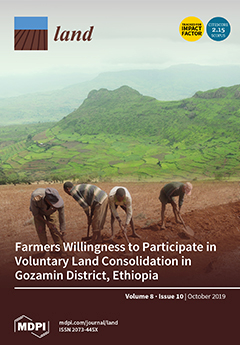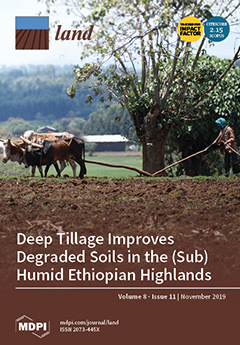Regulations relating to Occupational Land Rights (GN No. 278 of 2016).
These Regulations, made in terms of section 45 of the Communal Land Reform Act, concern the application for and the registration of an occupational land right. An application for an occupational land right is made in the form of Form E as set out in Annexure 1 to the communal land board. An occupational land right was introduced in the principal Act by the Communal Land Reform Amendment Act, 2013 and means a right to occupy a portion of communal land for the provision of public services granted under section 36A.







